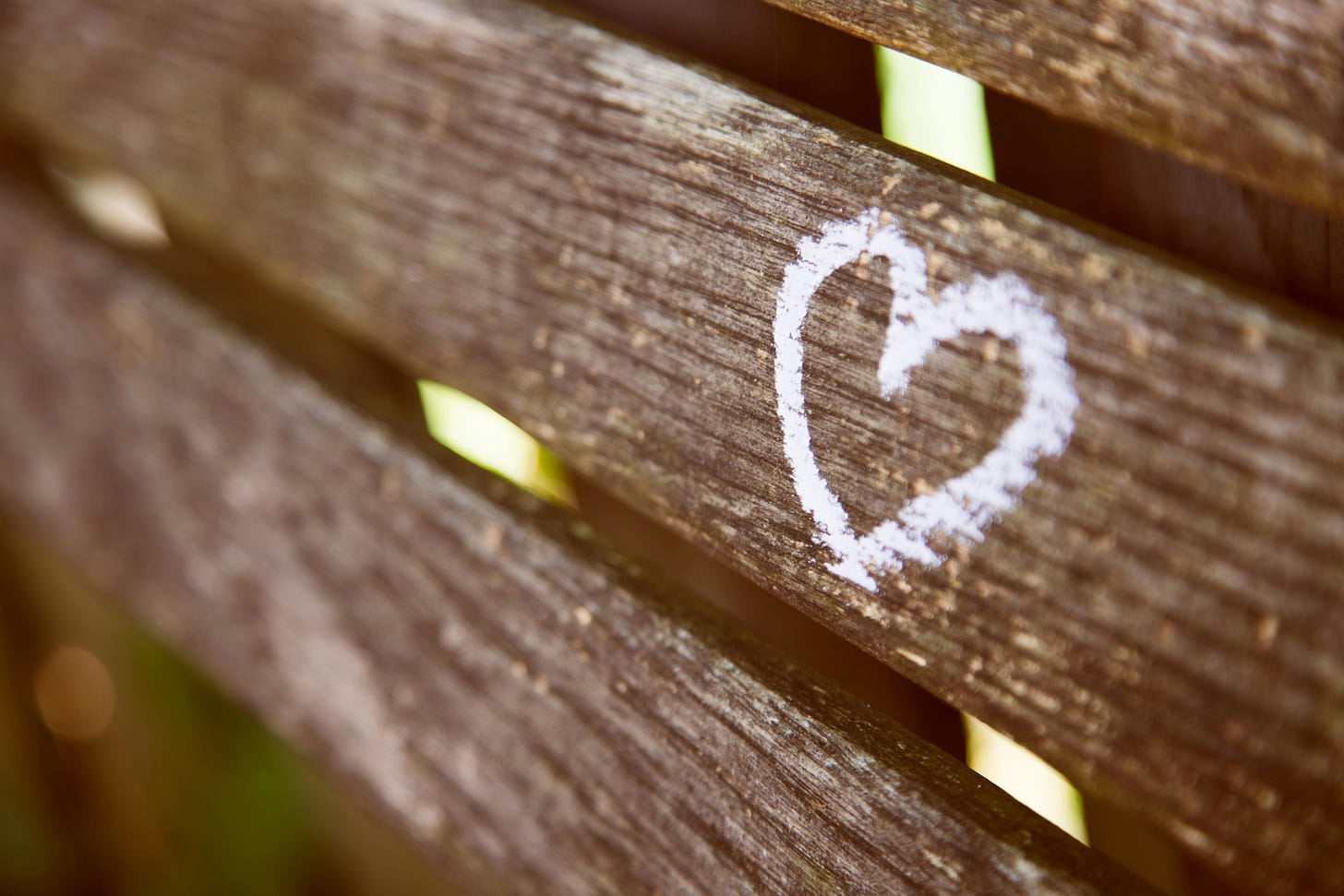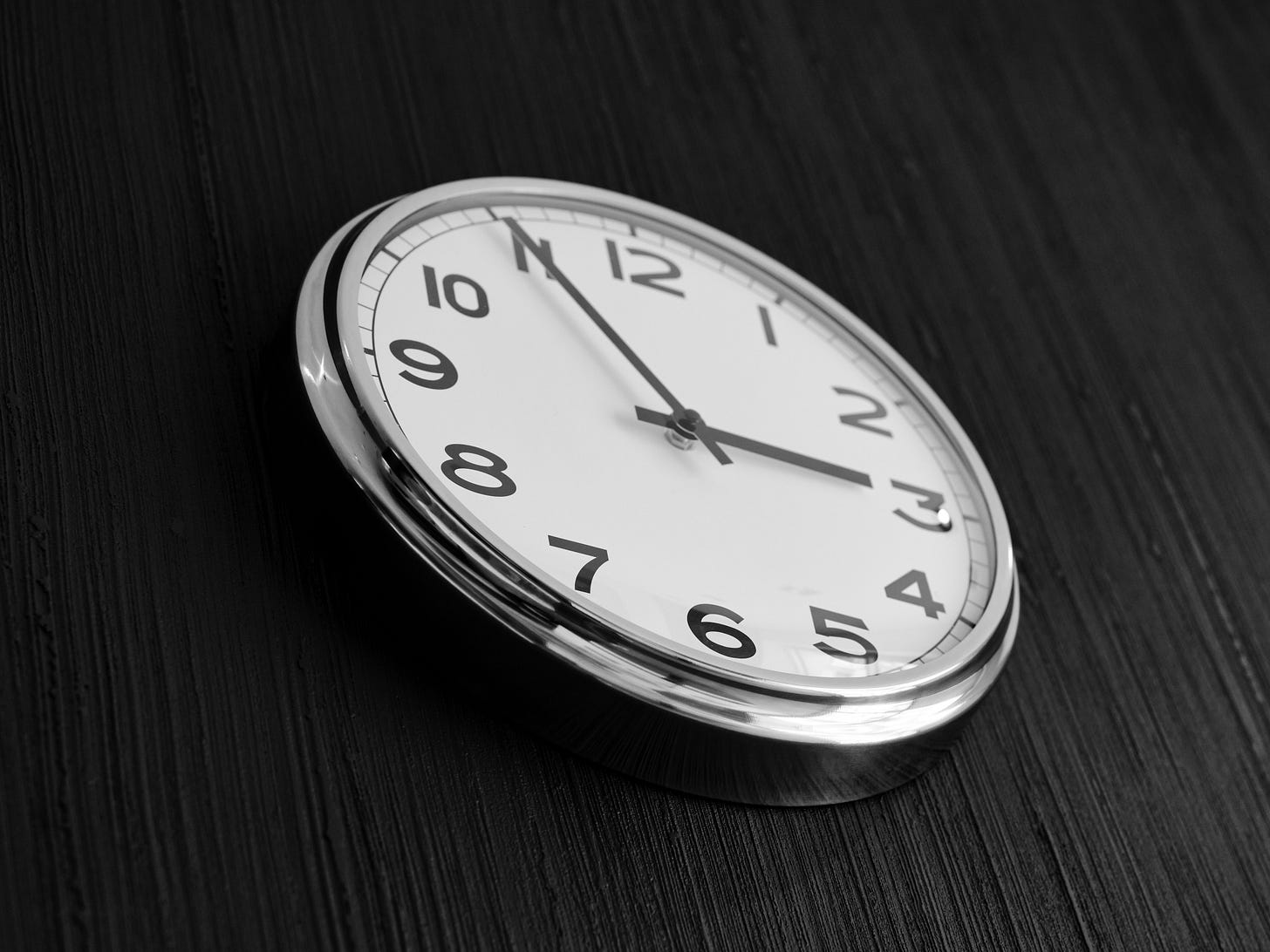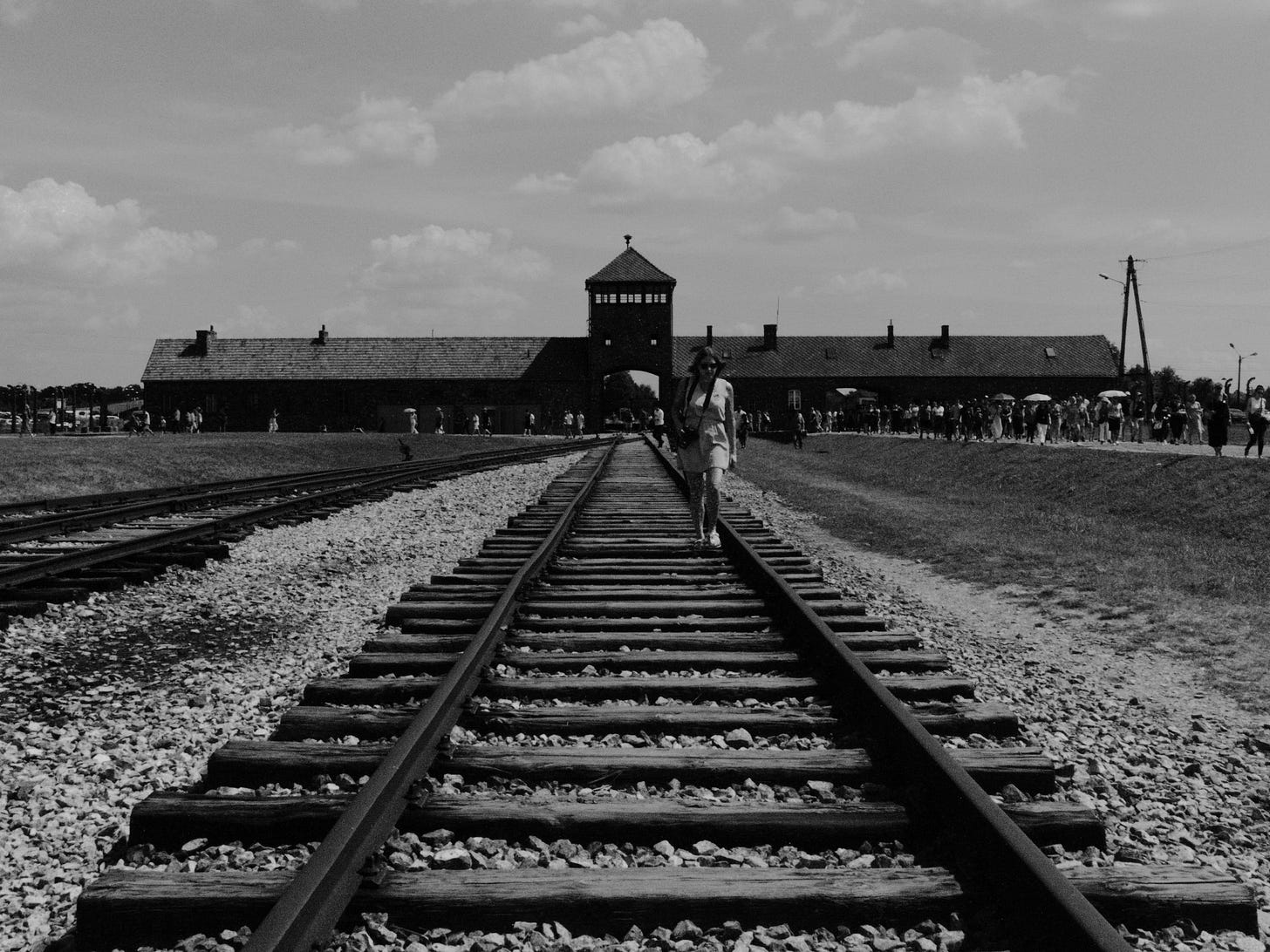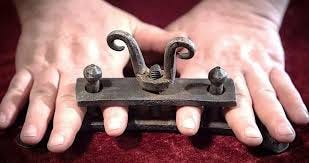In 1961, I lay in my bed on the Girls’ ward of the Crippled Children’s Hospital, shaking so hard that my eyeballs rattled. It was still dark out and the ward was quiet—except for my chattering teeth. The other girls had told me that the morning of surgery, a giant guy named Otto came for you, strapped you to a gurney and wheeled you to the operating room.
In the dark of the ward, I was more alone than I’d ever been in my life. My family was hundreds of miles away in another state. My fourth-grade class back in Yuma, Arizona had already sent me a packet of letters that all began, “In class, we are making a diorama, “further proof (to me, anyway) that nobody cared what I was doing in Salt Lake City, Utah. At least their penmanship was better, thanks to me.
As my teeth did their thing, I wondered why I was so cold. I was dressed in a hospital gown and my left arm was covered with a stretchy sock-like tube. I tried to pray but all I heard myself say was help. The wall clock ticked so loud that it seemed to spell out doom.
Doom. That’s about how I feel today. I still feel traumatized by all those surgeries, all those months away from home in what could have passed for an orphanage for crippled kids. The election, the state of the world, with wars and famine and floods. All these things rip the scab off my lingering terror from my hospital stays.
And I’m forever stuck as that nine-year-old, facing down major surgery far from home.
I know plenty of people whose traumas follow them too. A friend whose daughter has died from an overdose. A different friend working through her cancer diagnosis. A pastor exhausted by so many balls to juggle. Family members who believe conspiracy theories.
An Anderson Cooper interview reminds me that deep trauma never leaves you. Irene Weiss, a ninety-three-year-old Auschwitz survivor, was thirteen when her family was sent to the camp. She lived through the horrors of starvation, cold and the famous crematoria. When asked what she thinks of that thirteen-year-old girl, she answered, “I’m stuck. I’m still that girl.”
We’re all taught to compare and minimize our suffering. I was told over and over that I was so “lucky” that polio only paralyzed one arm. I’ve always prefaced any talk of my disability with, “Oh I wasn’t in the holocaust,” to make sure no one thought I was pitying poor me.
But my pain, and your pain still stand there, blocking our freedom, eating away at our wellbeing.
In that hospital, Otto was right on time. He wore light green scrubs and a matching hat. He was probably only a tall man, but as I looked up from my bed, he really did seem like a giant. Plus, he had a thick accent. He put down my bedrail and said, “Scut ober to zee gurney.” I obeyed.
Away we went to an elevator. When the doors opened again, I squinted against bright light. It looked like the front door of heaven, and I wondered if I’d already died. Inside, I once again scooted to the operating table where a gigantic light shone down on me. Not to be dramatic, but it reminded me of being sacrificed to the gods. Then a guy near my head said, “I’ll bet you can’t count to ten in German.” I’d show him—my grandpa was German.
“Ein, zwei, drei . . .” And the lights went out.
Love is the only way I can stand to be alive.
Whenever I ask myself why I’m such a nervous wreck, nine-year-old me pops up but I bat her down. After all, I wasn’t a victim of the holocaust and thank God, so far none of my kids has ODed. I had one brush with maybe cancer but managed to squeak by without the dreaded diagnosis. Lucky, indeed.
Almost everyone can point to something worse than what they’ve lived through. But is that what trauma is about? What if that “God-shaped hole” we’re all supposed to have is waiting for love to come and fill it. And what if it needs filling every single moment of every day?
And what if, in spite of the pain that trauma visits upon all of us, there is a way to get through life despite the pain that shackles us and occasionally finds ways to turn the screws?
I’ve said before that love is the only way I can stand to be alive. Without comparing my traumas to your traumas, the agony is always there, peeking around corners, jumping out to scare you at inappropriate times. The anniversary of his death. The day you lost your health, your person, your child. The day a giant kidnapped you and took you to the torture chamber they called the OR.
The holocaust survivor, Irene Weiss, says she only continued her life after Auschwitz by putting it in a box and paying attention to regular life—raising kids, pursuing an education, shopping for groceries. I know I compartmentalize in order to function.
Yet underneath the trembling kid, the grieving widow, the mom whose baby is lost forever, there’s a love that valiantly keeps trying to knock down the door. Call it God or Jesus or whatever, but life makes it clear that people, not ideas, are the love distributors in this existence. Sure, God is love, but what does it matter if we aren’t loving toward others?
Some call it God with skin on. When your trauma rears its ugly head, don’t suffer alone. Reach out for that awesome love and let it fill up your God-shaped hole. The trauma may always be there, but love is a soothing balm.
After I got back to the ward that day, I was in great pain. My fingers were unrecognizable purple sausages. I’d never forget Otto, his creepy accent or the place he took me to.
Yet I also remember a nurse in a white nurse’s hat on duty the next day. She came to my bedside and enveloped me in a hug, saying it would be all right. I don’t remember her name, but I called her Angelwings. I hope you find your Angelwings and soak up love for your parched hurting places too.












As I've told you often, your ability to capture and present the deepest and most profound sensitivities is so needed for those who live with life changing impacts. Thank you.
Great timing. I am revisiting a lot of childhood trauma as I deal with my mom's family upon her death. There is a reason I had not talked to her family since 1982 and one had to be thrown out of church Zoom for abusive behavior. I have a few angels in my church community. I do think sometimes about love and how to love without being a doormat